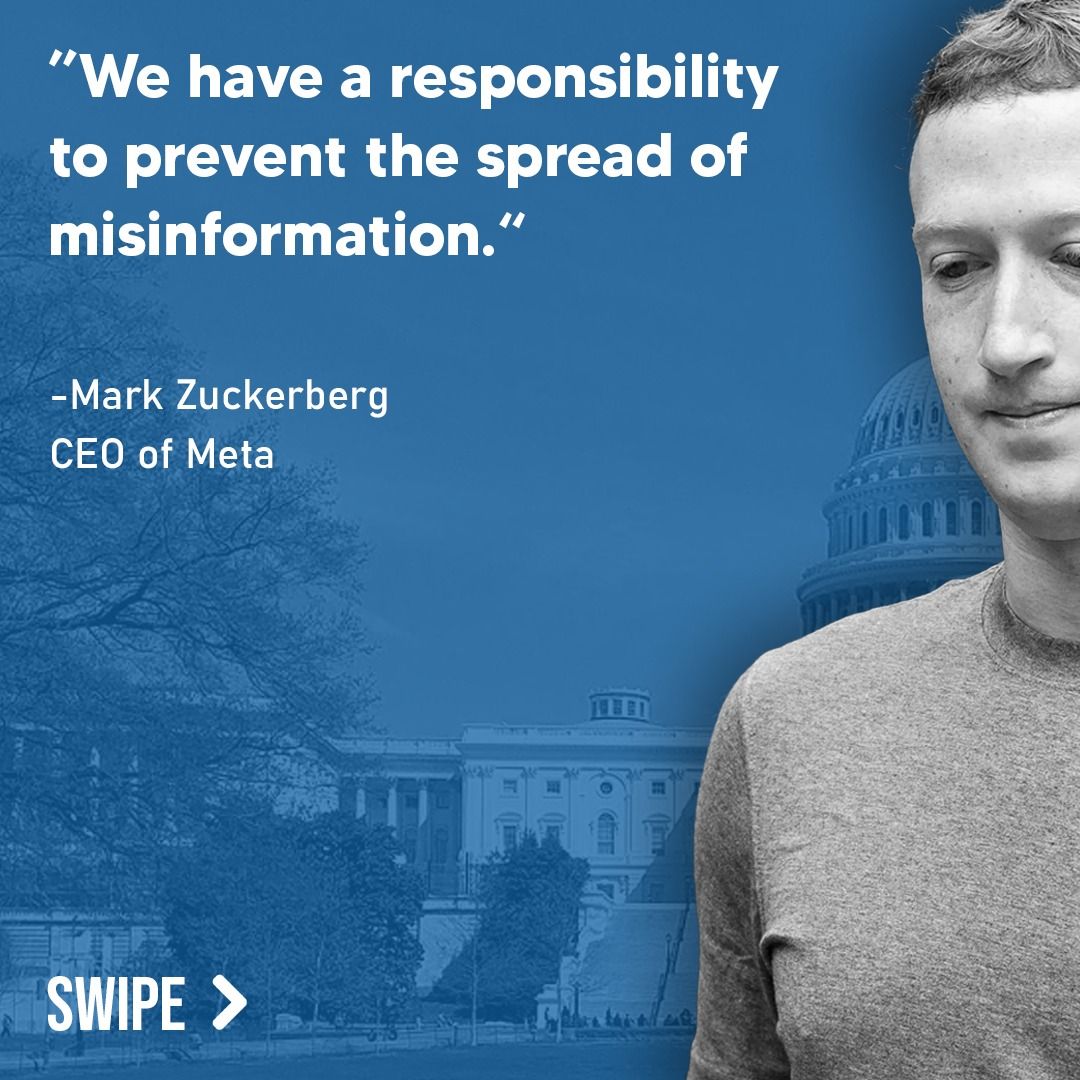Fact Check: What is the Laken Riley Act? Analyzing the First Legislative Push of Trump’s New Term
At DBUNK LLC, we received this article, submitted by one of our diligent subscribers, for a critical fact-check analysis. As always, you too can submit articles for review via our platform for free—it’s our commitment to fighting misinformation together.
The article in question, published by Associated Press, titled “What is the Laken Riley Act? A look at the first bill Trump will sign”, discusses the Laken Riley Act, its implications, and reactions to its potential enactment. While it attempts to provide useful context, our analysis has revealed issues with missing context, misleading characterizations, and insufficient answers to questions that readers might have about the bill’s real-world application. Below, we break down our findings.

1. Misleading Interpretation of Key Provisions
One of the central claims of the article is that the bill requires the detention of unauthorized immigrants merely “accused” of theft or violent crimes. This raises serious constitutional questions regarding due process. However, the article entirely fails to elaborate on how accusations alone could justify detention without legal proceedings. For example, Rep. Alexandria Ocasio-Cortez is quoted expressing concerns about individuals being detained based solely on accusations of crimes as minor as shoplifting. This suggests potential misuse of the law but is not counterbalanced by further clarification from legal experts or lawmakers in support of the bill.
The article oversimplifies the language of the Laken Riley Act, creating ambiguity about whether law enforcement would be required to automatically detain accused individuals or if evidentiary standards would apply. The omission of this context confuses readers about how the law will be implemented and whether it could lead to wrongful detentions.
2. Misrepresentation of Bipartisan Support
The article notes that the Laken Riley Act garnered bipartisan support in Congress, citing that 46 House Democrats and 12 Senate Democrats voted in favor of the law. While statistically accurate, the context is incomplete. Many Democrats who supported the bill come from battleground states, facing unique political pressures to vote in tandem with local sentiments. The article fails to mention that the overwhelming majority of the Democratic caucus opposed the bill, primarily due to concerns about its constitutionality, funding mechanisms, and potential civil rights violations. Framing the passage as broadly bipartisan misrepresents the highly contentious debate surrounding this legislation.

3. Key Omissions Regarding State Authority and Private Detention Centers
The bill grants state attorneys general the ability to sue the federal government for failing to detain certain individuals. This provision is significant, as it could enable states to influence federal immigration enforcement traditionally handled by federal agencies. However, the article neglects to address implications of this decentralization—such as the potential for inconsistent enforcement across different states or how this shift aligns with federal sovereignty over immigration policy.
Another serious omission concerns the role of private detention centers. Critics have long scrutinized these facilities for reported human rights abuses, and with this bill likely increasing detention numbers, questions around capacity, oversight, and accountability remain unanswered. The article’s failure to examine this aspect further contributes to its inadequate coverage of critical impacts of the proposed law.

4. Who Decides? Due Process Concerns Missing from the Article
Our subscriber raised an important question: “How will the Laken Riley Act actually work in practice, and who decides if someone is accused of a crime? Could this lead to unfair detentions?” These questions are not adequately addressed in the article. It glosses over the essential processes by which unauthorized immigrants would be detained, leaving major gaps in understanding.
Legal scholars argue that provisions requiring detention without clarifying the threshold for ensuring accusations are credible might conflict with constitutional protections of due process. This raises concerns about whether the act could disproportionately harm vulnerable populations, including asylum seekers or those falsely accused.
Statistical data shows the danger of blanket detention policies based on accusations, with research indicating high rates of wrongful deportation orders due to procedural errors. The absence of any safeguards in the article’s portrayal of the Laken Riley Act weakens its explanatory power and misinforms the public.
Conclusion: Key Context Missing – A Call for Comprehensive Reporting
While the article provides a general overview of the Laken Riley Act, it suffers from critical omissions and misrepresentations that undermine the understanding of this controversial legislation. Readers are left questioning how accusations, detentions, and enforcement mechanisms will mesh with constitutional standards and real-world application.
The Laken Riley Act could have profound implications for civil rights, immigration enforcement, and state-federal legal dynamics. Yet, without a transparent discussion of due process safeguards, associated costs, and accountability, the article fails to provide a balanced perspective.
To stay informed on misinformation-free news and fact checks, connect with DBUNK LLC on social media and download our upcoming app. Together, let’s combat the spread of false narratives and ensure accountability in journalism.


